At the Nebula Award Conference this past weekend, I was on a panel with Patrick Rothfuss, Theodora Goss, Erin Roberts, Rekka Jay, and Lara Elena Donnolly called “Health and Happiness for Writers.”
Because I felt we had barely touched on some subjects, and because this is an issue I feel strongly about, I thought I would continue the discussion here on my blog, where I might share some experiences and struggles I’ve had with “health and happiness,” and some techniques that have helped me maintain both physical and mental health in the past.

Patrick Rothfuss, Matthew Kressel (me), Theodora Goss, Erin Roberts, Rekka Jay, and Lara Elena Donnolly; Photo by Diana M. Pho
Today I thought I’d focus on a mental health aspect: the writer’s ego.
When I speak of “ego” I mean it in the psychological sense, that is, one’s sense of self and their place in the world. From my own experiences and my many conversations with writer friends, I know that we all often struggle with ego issues.
Here are examples of things that might “bruise” a writer’s ego:
- Getting a rejection letter
- Getting a negative review
- Getting a harsh critique of a story
- Doing a reading or signing and having few people/no one show up
- Seeing your peers “succeed” while you do not
- Seeing your peers win awards
The latter is especially close to me at this moment, as I was just up for the Nebula Award in the Short Story category, but just lost to Rebecca Roanhoarse’s (definitely worthy) “Welcome to Your Authentic Indian Experience™” This is the third time that I have been up for a Nebula, only to lose to another amazing story.
The danger is the negative self talk. “Oh, I’m not worthy.” “I’m not good enough.” “I suck.” No one likes losing (except maybe masochists?) and it can be especially frustrating to get so close to something and not attain it.
The solution, for me, has been gratitude. I tell myself how lucky I am to even be here. I tell myself how grateful I am even to have had the opportunity to be on the same ballot with all these amazing people and stories. Just to have had the experience of being a nominee at the Nebulas.
But what about if you’re not a finalist? You have written fifty stories and none of them have sold. Or your sprawling epic fantasy has chalked up thirty agent rejections of, “Nice, but not for me.” Or you published your first story and you got really excited, and you did your first reading at a convention, and only two people showed up, and one of them left early because they discovered they were in the wrong room.
These things hurt. I have experienced all of them. And I think that in the past I did some really destructive things to avoid feeling that hurt. I got angry. I blamed (someone, anyone). I drank. I did other substances. I got extremely jealous of others.
The key is, for me at least — and I would like to note that I still struggle with this — the key is to let yourself feel. I think as a Generation X male, I was conditioned that men shouldn’t feel. Or at least, if we did, we did it privately. In the public space, I always tried (with varied success) to show how strong and fearless and teflon-like my ego was. The truth was (and in some ways still is) that I can be as sensitive as a mimosa plant. And I have found that simply allowing myself to feel the hurt, however painful it is, is the first step to overcoming it.
I hope that doesn’t sound pat or condescending. There is a statement you may often hear in certain therapy circles that the only way out is through. I allow myself to feel the sadness, the hurt. I let myself accept it. This is a part of who I am, even if it makes me uncomfortable to be vulnerable.
And you know what? Letting myself feel, letting myself be vulnerable and open to feel this feeling I so badly wish to repress has allowed me to overcome a lot of my self-doubt. Because on the other side of that pain is a form of self acceptance I never really allowed myself before.
I cannot say this technique will work for you. It doesn’t even always work for me. Sometimes, I just feel bad, and nothing will change that. But in general I have found this technique to be extremely powerful.
Important Note: As Patrick Rothfuss said in the panel, there are some things that we cannot do on our own, and there is no shame in getting help. Please seek out therapy (both for physical and emotional issues) if you feel you cannot solve these issues on your own.




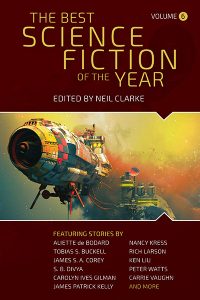


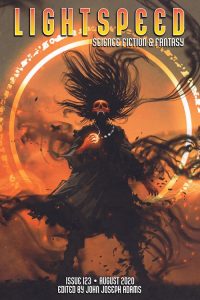
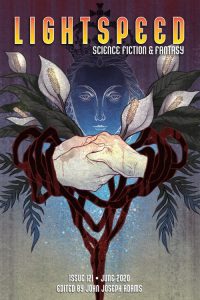




















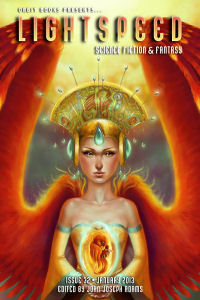

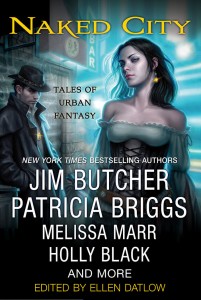




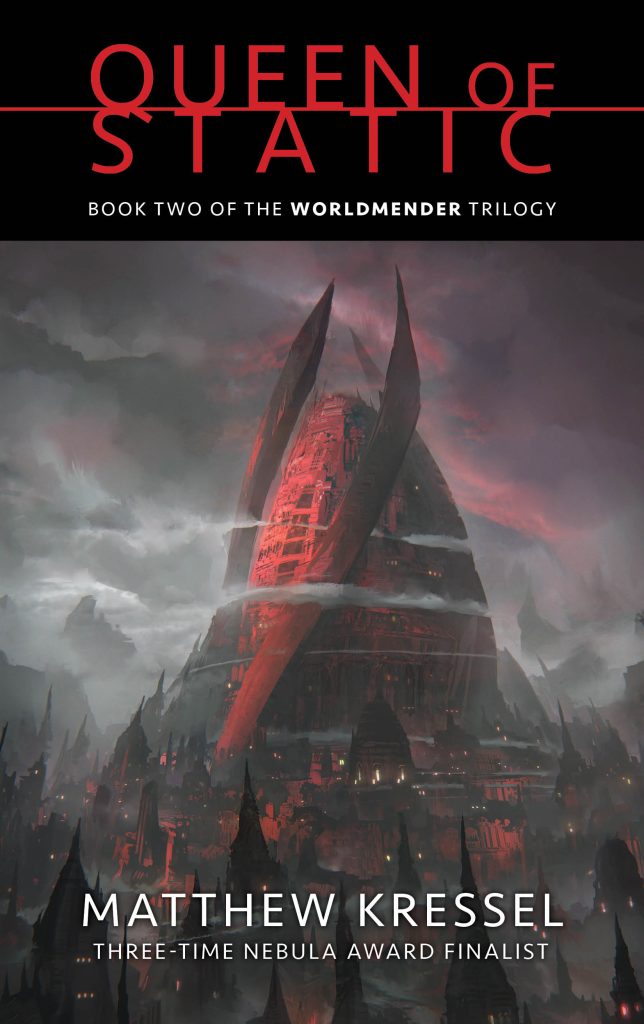

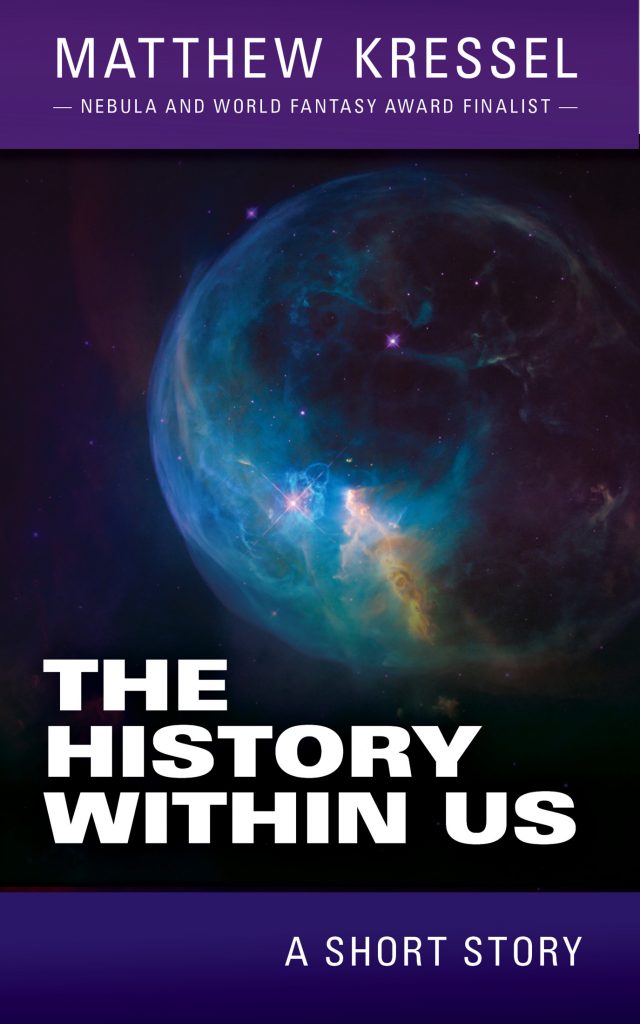
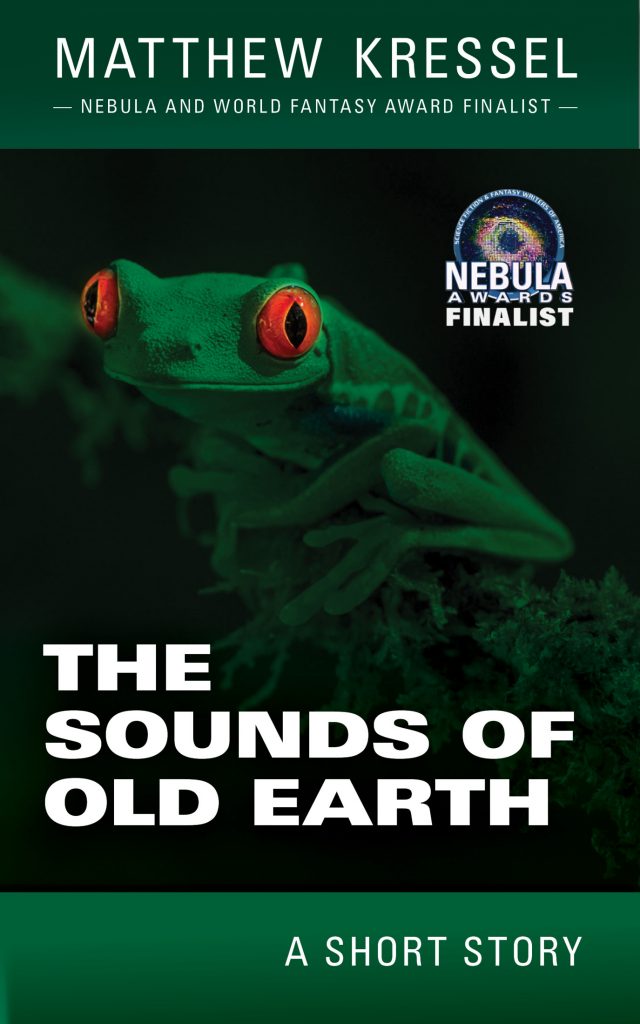
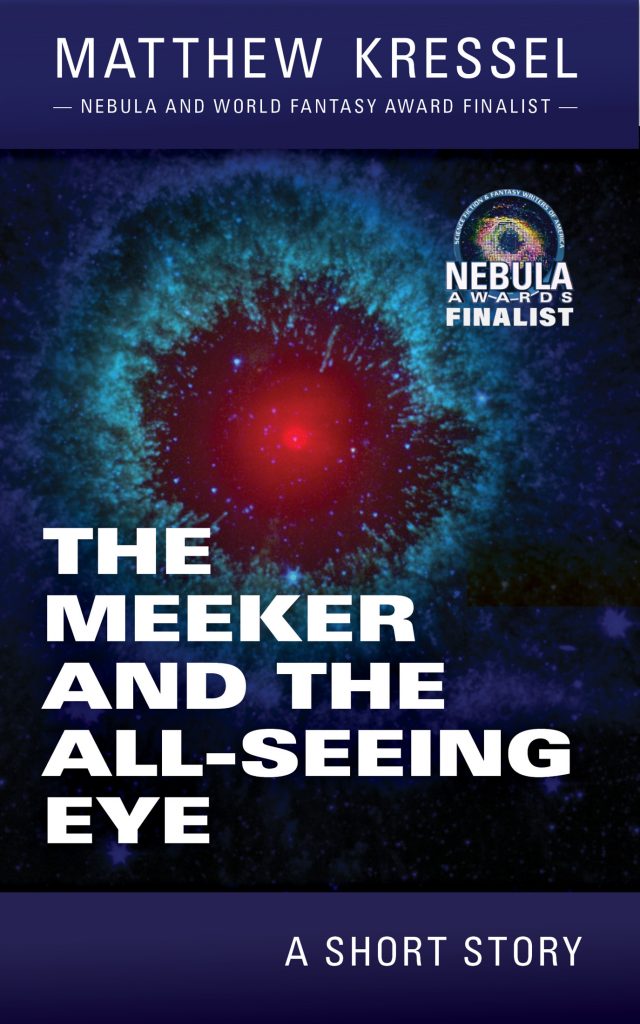
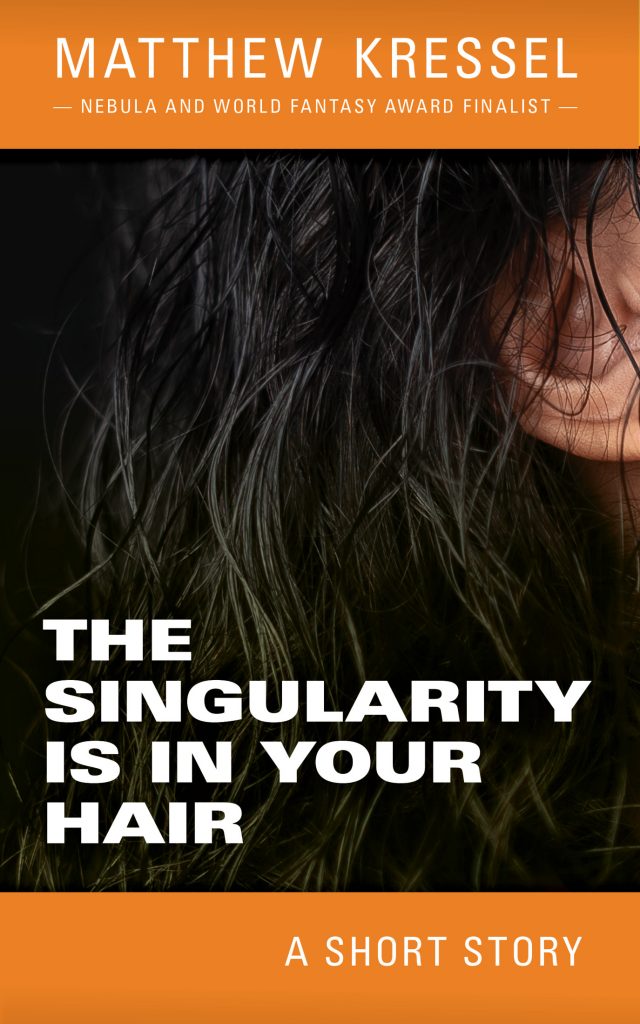
May 21, 2018 at 5:07 pm
I just want to say that there is always the feeling of not being good enough, I suspect, even for the Nebula award winners “He’s won THREE, and I just have the one”.
For me, looking at people nominated for Nebulas I feel you are all part of a great group, one that I very much want to be part of one day.
You are all at the peak in terms of writing, in a place I want to be. And if I ever do attain it, I hope I’ll remember being at home, reading about the Nebulas/Hugos/whatever after the fact and thinking “Wow. Look at those people”.
May 21, 2018 at 5:25 pm
Thank you, Johann. That’s the issue with self-doubt. It hits you no matter where you are, no matter what you’ve accomplished.
One thing I’ve learned over the years is that the most successful writers I know are also the most hard working, and my doubts vanish when I get lost in crafting my own work, or after a good and long writing session.
I hope to see your name on a ballot soon.